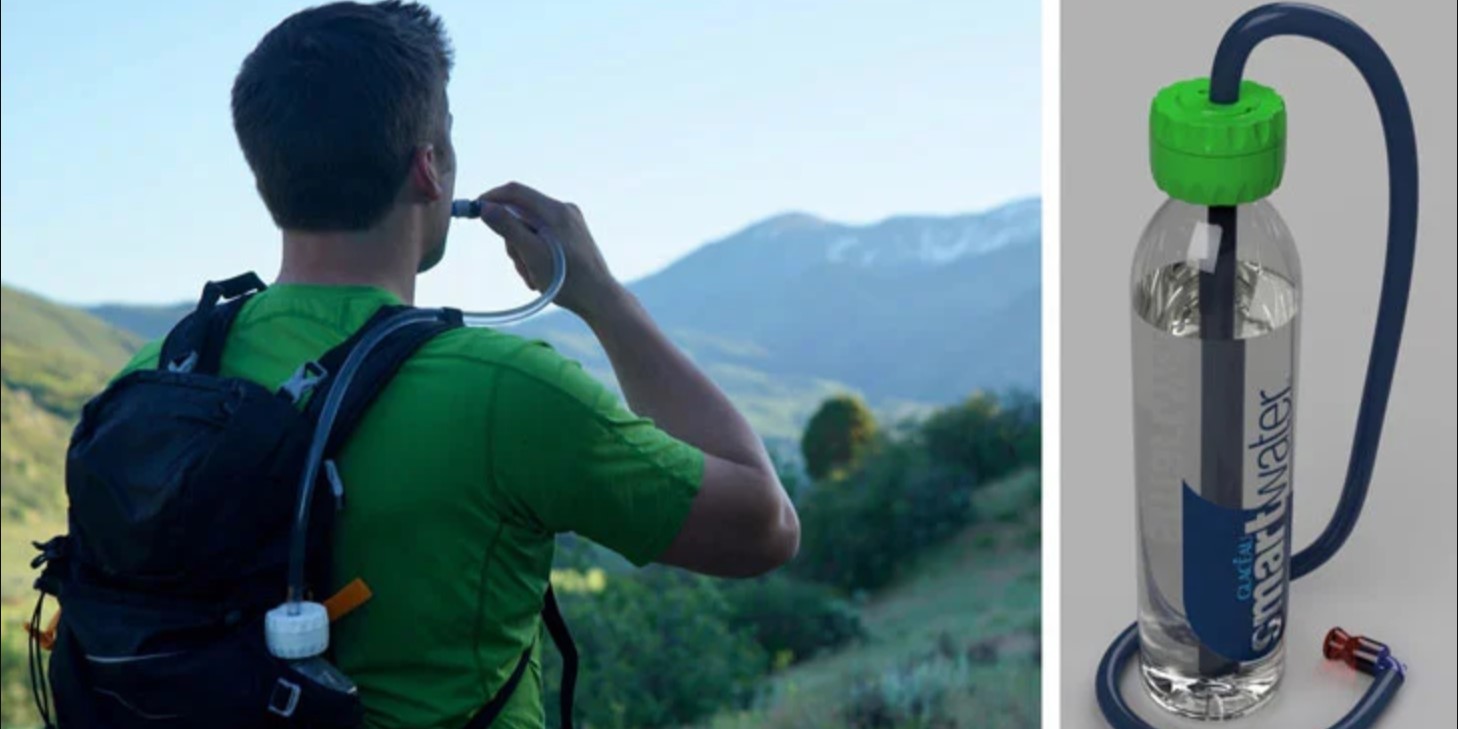When you’re on the go, it's difficult to keep up with your hydration needs. Whether you're hiking or just running errands and need a way of staying properly hydrated while traveling throughout different environments without having access water nearby; this system is perfect for anyone who lives an active lifestyle!
Symptoms of dehydration
Dehydration can cause a number of symptoms, ranging from thirst to severe diarrhoea. The best way to treat dehydration is to drink plenty of fluids. Water is essential for all living things. People who don't drink enough or don't have access to safe water are at high risk of dehydration. Other causes of dehydration include diarrhea or vomiting, which causes the body to lose large amounts of fluids. Dehydration can also cause the loss of electrolytes, which help the body function.
If dehydration is not treated in time, symptoms can escalate to a dangerous level. Dehydration may cause shortness of breath, dizziness, lightheadedness, and low blood pressure. In severe cases, it can lead to fainting and coma. If left untreated, it can also lead to other medical complications, including brain damage and death.
Symptoms of overhydration
One of the most dangerous side effects of using a hydration system is overhydration. Overhydration depletes the body of vital minerals and nutrients, leaving you feeling drained and tired. Fortunately, overhydration is preventable if you follow a few simple rules. First, you should always make sure you drink enough water every day. If you find that you're drinking too much water, you should reduce your daily water intake. If you're still concerned about overhydration, you should see a doctor.
Overhydration can lead to various symptoms, including headaches and nausea. Excess water can also cause the cells in the body to swell. This can press against the brain, causing a throbbing headache. The pressure may also cause difficulty breathing. Additionally, you may notice discoloration in your lips, feet, and hands.
Symptoms of dehydration during strenuous activity
Dehydration during strenuous activity can be a serious condition. A person with dehydration needs to drink water and eat plenty of fruits to replenish the electrolytes and minerals in their body. In severe cases, they should visit the emergency room. Other symptoms include lightheadedness and hot temperatures.
The main symptom of dehydration during strenuous activity is dizziness, which can lead to an off-balance feeling and injury. Dizziness is usually the result of an inadequate fluid intake, as well as increased sweating. Therefore, it is important to drink water before and during your workout. Dizziness can also be a result of a sudden change in body temperature or overexertion.
Symptoms of overhydration during outdoor activities
The symptoms of overhydration are similar to those of dehydration, but the key difference between the two is the amount of fluids consumed and the color of the urine. People who are overhydrated pee out large amounts of clear liquid. To avoid overhydration, you should limit your fluid intake and add electrolytes to the water you drink. Rest is also very important to rehydrate your body.
Overhydration can be very dangerous. It can lead to a variety of health complications, including a dangerous deficiency of sodium and potassium in the blood. It can cause sudden, unexplained urination, vomiting, and even seizures. If these symptoms last for a long time, you can suffer a stroke, heart failure, or even die from overhydration. Though there is limited medical research on the long-term effects of overhydration, it is important to be aware of the signs and symptoms of overhydration when engaging in outdoor activities.
Symptoms of overhydration during indoor activities
Overhydration is a serious problem that causes several symptoms. Most people aren't aware of them, but overhydration can lead to fatigue, confusion, headaches, and cramps. If left untreated, this condition can lead to organ failure and death. If you think you may be experiencing these symptoms, seek medical attention as soon as possible.
One of the most obvious signs of dehydration is thirst. The best way to avoid dehydration is to drink water when you're thirsty. Make sure to drink water until your urine is light yellow or clear. It is also important to drink fluids if you're in hot weather or engaging in activities that cause you to sweat a lot. Dehydration is easily treated with a drink of water, but if it persists, it could indicate a serious health issue.


